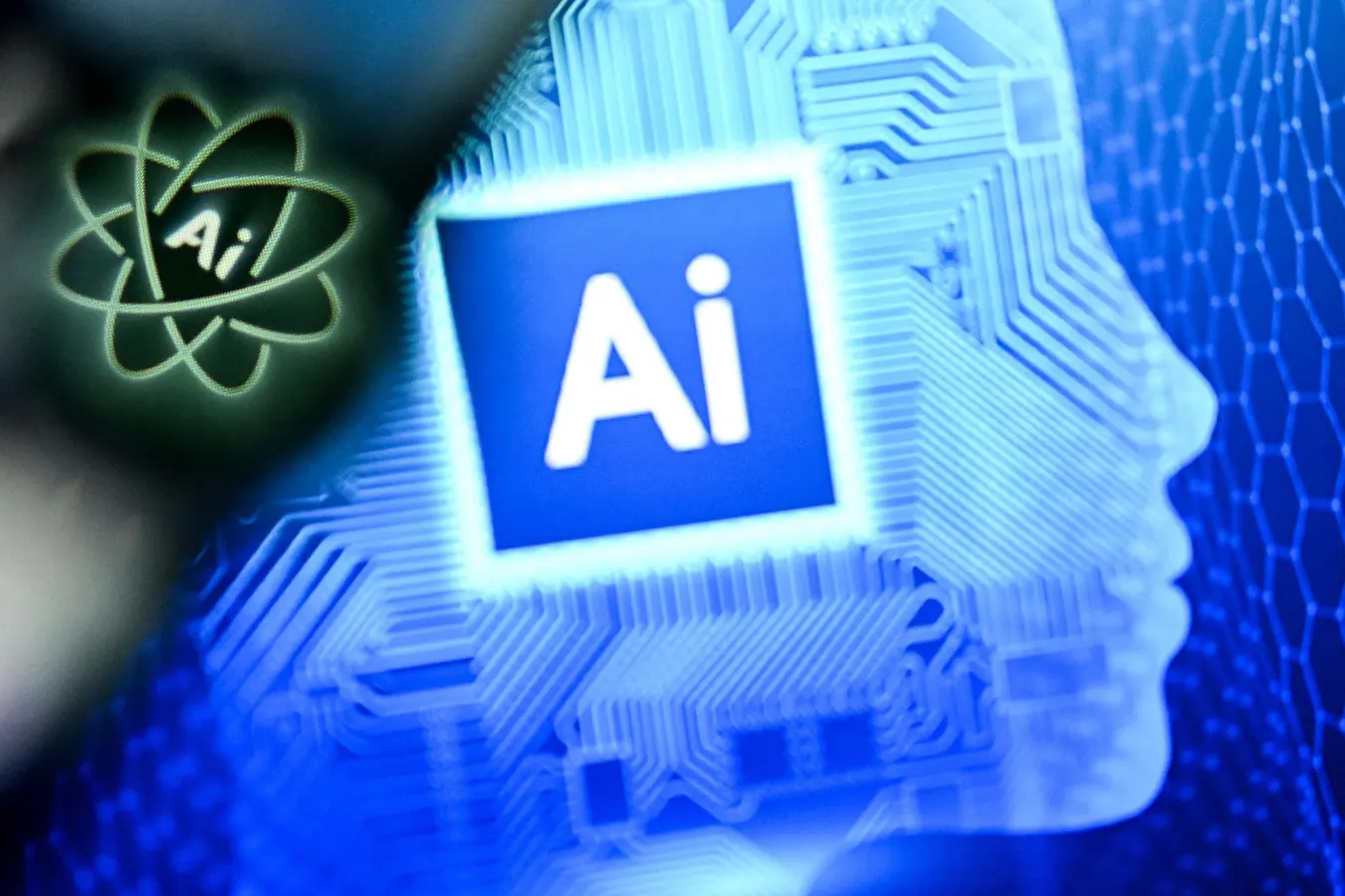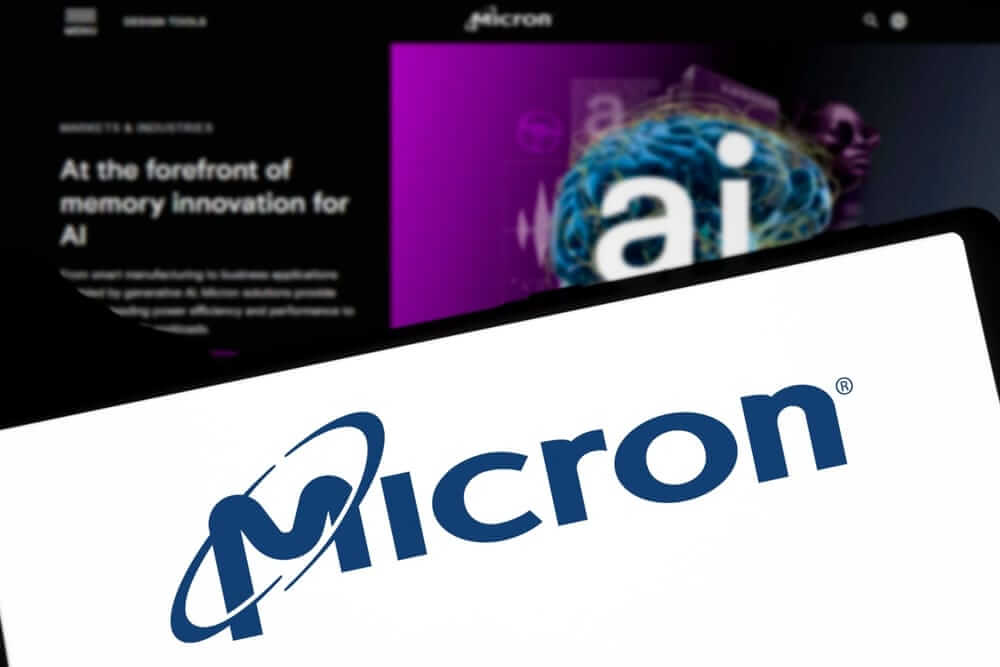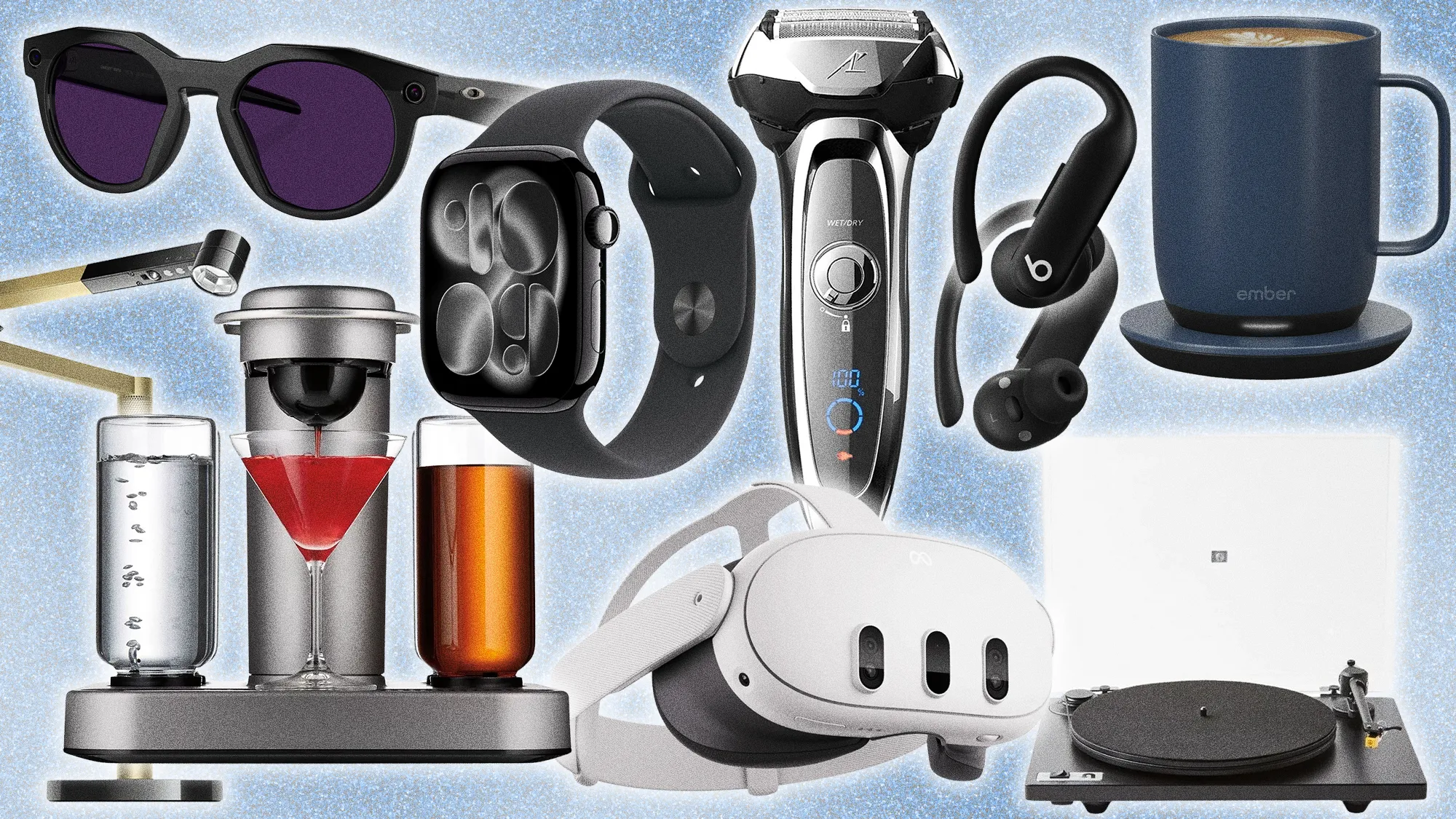Copyright forbes

A photo taken on January 2, 2025 shows the letters AI for Artificial Intelligence on a laptop screen (R) next to the logo of the Chat AI application on a smartphone screen. (Photo by Kirill KUDRYAVTSEV / AFP) (Photo by KIRILL KUDRYAVTSEV/AFP via Getty Images) AFP via Getty Images I used to think artificial intelligence wouldn’t affect my job. I was wrong. As a senior vice president at Jobs for the Future, I’m often asked, “What are the jobs of the future?” I wish I could offer a neat list, but one thing is certain: AI will reshape nearly every role, organization, and industry — including my own. For years, I assumed automation mostly threatened frontline work, and my liberal arts degrees and public-affairs training would be a safeguard against disruption. But when AI tools started performing tasks I once considered uniquely human—synthesizing research, generating ideas, even mimicking judgment—I realized I couldn’t advise others about the future of work without experiencing it myself. Starting Small I began with Google’s AI Essentials course on Coursera, a hands-on introduction designed for beginners. It turned out to be more intuitive than I expected. Within a day or so, I was using ChatGPT and Google AI Studio to streamline how I research and write. I used to rely on web alerts and manually download white papers. Now, I upload reports directly into AI tools that generate concise summaries, highlight insights, and surface recurring patterns. What once took hours now takes minutes (and sometimes only seconds). Applying AI at Work I’ve since combined what I learned from general AI tools with an enterprise tool tailored for my organization. This has allowed me to search and make sense of JFF’s rich content across multiple systems—email, reports, proposals, and datasets. The result has been a dramatic increase in how quickly I can identify trends, connect ideas, and generate new concepts. MORE FOR YOU For a recent project, I needed to identify the primary drivers of employment—such as education level, industry, and location— to illustrate how these factors vary across different groups of workers. I’d identified ten drivers and eight population groups. In the past, that would have taken weeks of poring over literature reviews and research papers. This time, I asked ChatGPT to create a matrix that shows each driver of employment and the evidence on how outcomes differ by population. Within minutes, it generated a high-level summary that would have taken me weeks to create using my usual approach. AI produced a solid starting point with impressive speed. More importantly, AI has shifted how I spend my time. I can focus less on processing and sorting information and more on synthesizing insights, cultivating human relationships, and building partnerships that increase impact. You Don’t Need To Be a Data Scientist Learning a new skill can be intimidating. If you’re worried about falling behind, you’re not alone—I felt that, too. But staying relevant doesn’t require you to become a machine-learning engineer. You just need to learn how to integrate AI into your daily workflow in ways that feel manageable and sustainable. Start small, in your own field. Explore AI tools already used by professionals like you—Copy.ai for people who write and edit, or ZestAI for financial-services workers who analyze risk. Don’t try to use AI for everything; start with one task, such as summarizing long emails or drafting the first version of a meeting agenda. As you experiment, your understanding of what AI can do will grow. Forbes3 Tips To Stay Relevant In Your Job As AI Takes OverBy Michael Collins Use AI To Deepen, Not Dull, Your Thinking Learning to use AI isn’t just about technology. It’s about judgment. The goal is to let AI handle repetitive work so you can focus on the tasks only humans can do—critical thinking, collaboration, and navigating complex social situations. When I asked ChatGPT to summarize privately funded college completion initiatives from the past twenty years, it accurately identified many of them—including several I helped lead. But as I read the summaries, I realized how much was missing. AI captured the facts but not the relationships, tensions, or lessons that shaped the work. It can process information, but it can’t replicate the meaning that comes from lived experience. Continuous Learning Is the New Job Security Predicting future jobs is impossible, but one thing is clear: the half-life of skills is shrinking. Nearly 40% of the skills considered critical today will change by 2030, according to the World Economic Forum report, The Future of Jobs 2025. Staying employable now means being a lifelong learner. AI fluency isn’t a one-and-done skill—it’s a practice. Regularly refreshing your skills will keep you relevant and open to new opportunities. The future of work isn’t about being replaced by AI or competing with it. It’s about learning quickly enough to use your unique human skills alongside it. Editorial StandardsReprints & Permissions



